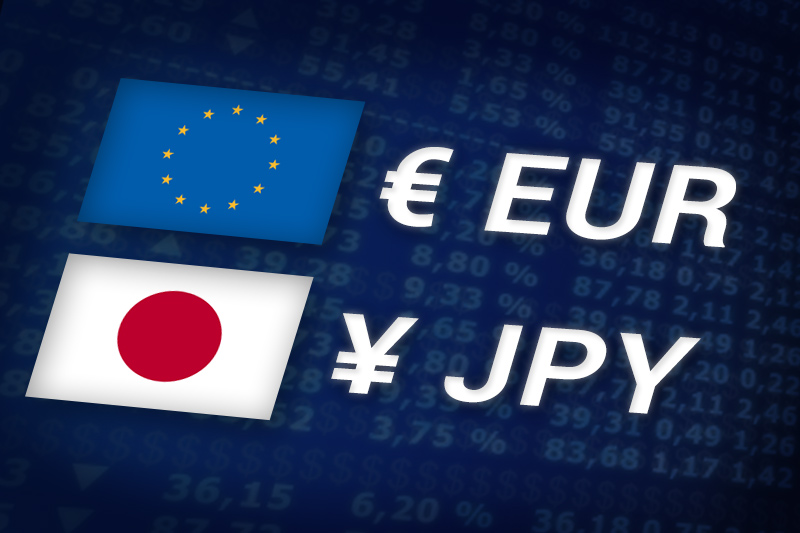Why the U.S. dollar still reigns supreme
Investing.com - The euro trimmed gains against the yen on Monday, pulling back from a session high amid growing uncertainty over the implementation Greece’s newly voted austerity plan.
EUR/JPY pulled back from 103.18, the daily high, to hit 102.72 during European afternoon trade, still up 0.30%.
The pair was likely to find support at 102.14, the low of February 10 and resistance at 103.45, the high of November 24.
The euro strengthened earlier after Greek lawmakers approved on Sunday a set of austerity measures needed to secure a second bailout package, including cuts in private-sector wages, 15,000 public-sector job cuts and a further EUR3 billion in government-spending cuts this year alone.
But investors remained cautious amid uncertainty over the implementation of the austerity plan and ahead of the final outcome of the debt write-off negotiations between Athens and its private creditors.
Greece must still find a further EUR325 million of spending cuts and give binding assurances the plan will be implemented before Wednesday when euro zone finance ministers meet to decide on a new EUR130 billion bailout.
Earlier in the day, German Finance Minister Wolfgang Schaeuble said that Greek promises on austerity measures are no longer good enough because so many vows have been broken.
Meanwhile, the yen was almost unchanged against the U.S. dollar with USD/JPY inching 0.01% lower, to hit 77.60.
Also Monday, preliminary data showed that Japan’s gross domestic product fell more-than-expected in the fourth quarter, ticking down 0.6% after a 1.4% rise the previous quarter.
Analysts had expected Japan’s GDP to fall 0.3% in the fourth quarter.
EUR/JPY pulled back from 103.18, the daily high, to hit 102.72 during European afternoon trade, still up 0.30%.
The pair was likely to find support at 102.14, the low of February 10 and resistance at 103.45, the high of November 24.
The euro strengthened earlier after Greek lawmakers approved on Sunday a set of austerity measures needed to secure a second bailout package, including cuts in private-sector wages, 15,000 public-sector job cuts and a further EUR3 billion in government-spending cuts this year alone.
But investors remained cautious amid uncertainty over the implementation of the austerity plan and ahead of the final outcome of the debt write-off negotiations between Athens and its private creditors.
Greece must still find a further EUR325 million of spending cuts and give binding assurances the plan will be implemented before Wednesday when euro zone finance ministers meet to decide on a new EUR130 billion bailout.
Earlier in the day, German Finance Minister Wolfgang Schaeuble said that Greek promises on austerity measures are no longer good enough because so many vows have been broken.
Meanwhile, the yen was almost unchanged against the U.S. dollar with USD/JPY inching 0.01% lower, to hit 77.60.
Also Monday, preliminary data showed that Japan’s gross domestic product fell more-than-expected in the fourth quarter, ticking down 0.6% after a 1.4% rise the previous quarter.
Analysts had expected Japan’s GDP to fall 0.3% in the fourth quarter.
